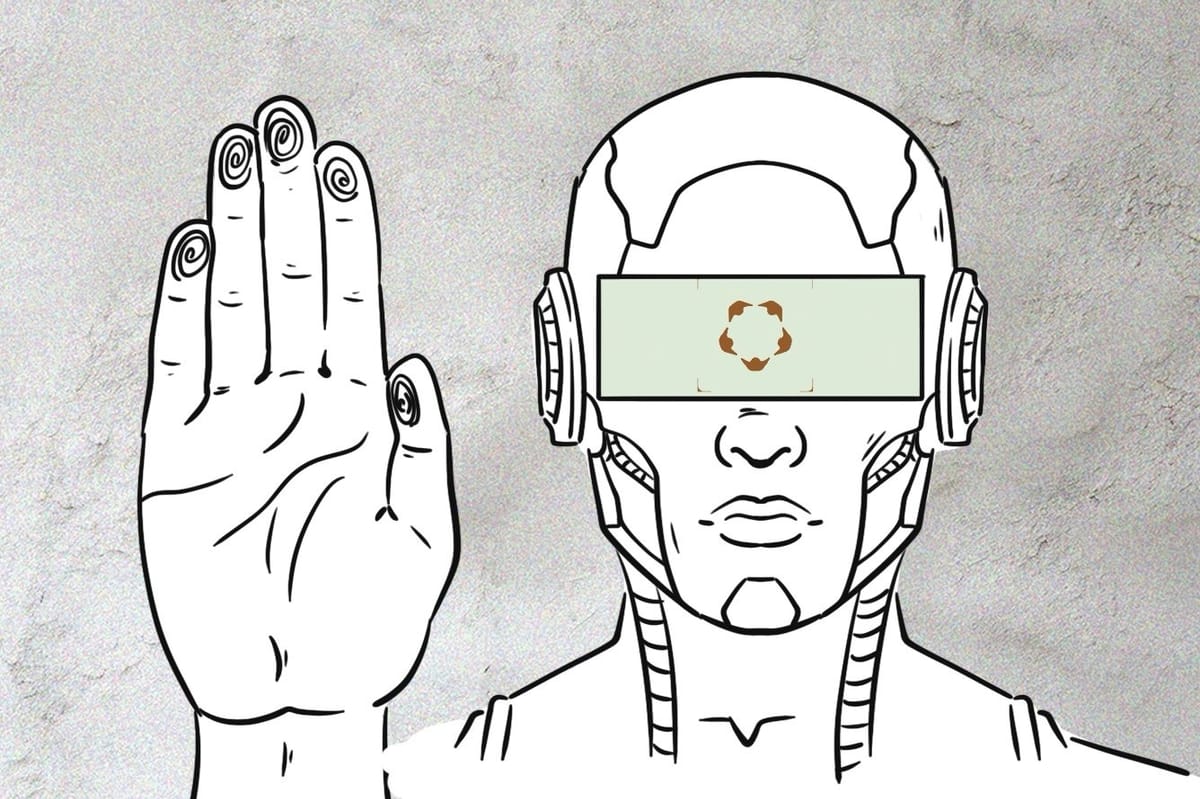
Humanity Protocol (HP) is a blockchain project that aims to create a global identity network, similar to Worldcoin, but using the arguably 'less intrusive' palm print as its biometric data.
The project has just successfully concluded an investment round, with over 20 venture capital firms willing to support the improvement of its network ahead of its testnet launch. Backers included Hashed, CMCC, Cypher Capital, Foresight Ventures, and Mechanism Capital. The project also counts Animoca Brands co-founder Yat Siu and Polygon co-founder Sandeep Nailwal as investors and founding members.
The project, headed by tech entrepreneur and former CEO of Tink Labs Terence Kwok and developed by the Human Institute, was announced just over a week ago, having spent an undisclosed amount of time being developed under the radar.
The blockchain will directly compete with Worldcoin - the financial and identity network that is the passion project of OpenAI CEO Sam Altma.
HP's zkEVM layer-2 blockchain protocol, built using the Polygon Chain Development Kit (CDK), will use Proof-of-Humanity (PoH) as its consensus mechanism. PoH is similar to the Proof-of-Personhood (PoP) mechanism used by Worldcoin. Both technologies are built to address the problem of fake identity in the digital world by establishing the personhood (or humanity) of an individual online.
Much like Worldcoin, the project will use a combination of zero-knowledge (zk) and biometric proofs. The major difference between the two seems to be that Humanity Protocol is “a less invasive identity verification alternative to methods like iris scans,” as it only requires palm prints rather than eyes. In an age of FaceID, going back to using fingers - let alone whole hands, might seem like a cumbersome endeavour but the project says it has “simplicity at its core.”
Humanity Protocol is also looking to differentiate itself from Worldcoin by catering directly to the decentralized world, rather than integrations in apps like WorldID, the PoH blockchain is designed to be a foundation upon which other Web3 projects can be built.
According to the announcement of Humanity Protocol coming out of stealth mode, the blockchain “paves the way for a diverse array of applications, from fully on-chain games and Decentralized Social Media (DeSO) to enterprise DeFi solutions, Fairdrops, Network States, Real World Assets (RWA), and Decentralized Physical Infrastructure (DePIN) systems.”
“As the world’s first blockchain ecosystem to not only be truly sybil-resistant but also to natively integrate verifiable credentials into a decentralized validator node network, Humanity Protocol lays the foundation for a wide variety of blockchain and real-world applications to be built on top.”
Kwok, Nailwal and Siu have arrived late to the party, however. Launched in July 2023 after a prolonged beta phase, Worldcoin now has almost four million users around the globe, and it is scoring its first partnerships with real-life projects.
Its native token WLD went from $2.30 to $7.78 during February thanks to OpenAI’s announcement of Sora, an AI model that can create realistic videos from text prompts, on Feb. 16.
It also doesn’t help Humanity Protocol’s ambitions of onboarding 1 billion users that Sam Altman is one of the most important figures in the world of tech right now and that financial markets become frantic every time he endorses or launches a new project.
Worldcoin has, however, been through its share of legal hurdles and privacy-related government investigations due to its reliance on IrisScans - the machine that scans people’s eyes to process them to the system.
Altman’s passion project has also faced criticism from those reluctant to share their most sensitive information with a tech company in a loosely regulated field. To these users, Humanity Protocol might offers a less intrusive digital identity solution.

